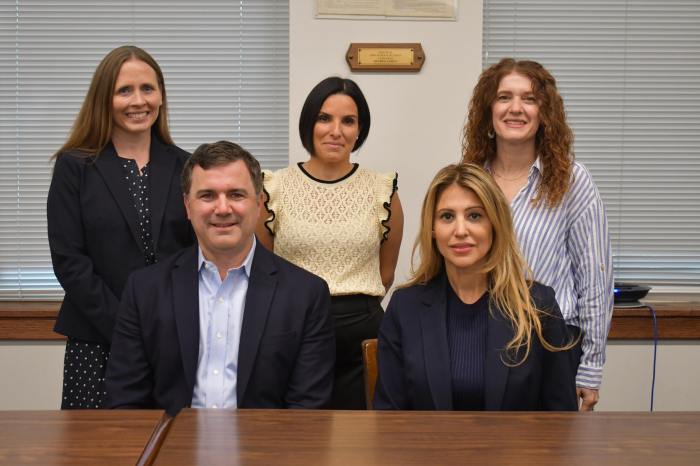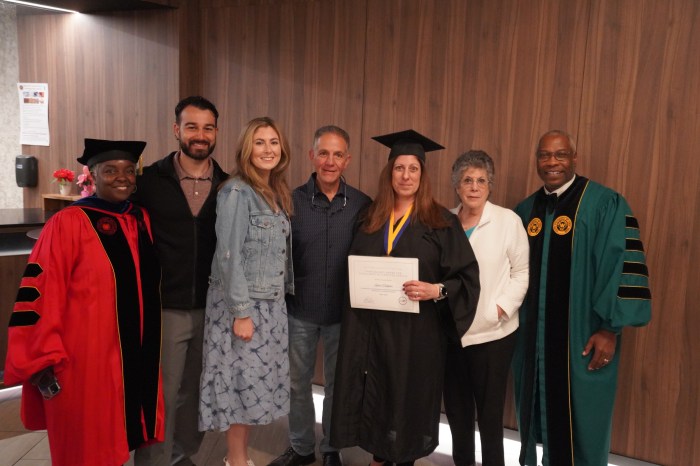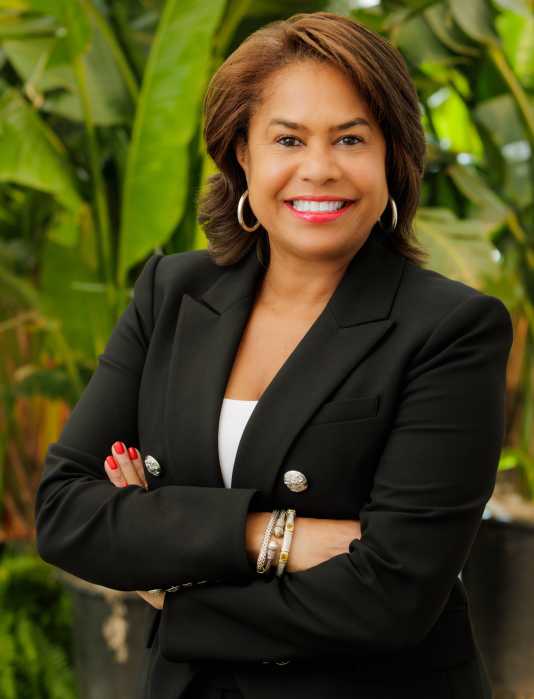After an impromptu remote spring semester thanks to the COVID-19 pandemic, colleges and universities across Long Island are developing measures to ensure a safe fall semester.
Of the 15 institutions on LI, only Touro College and the U.S. Merchant Marine Academy have not yet released plans for the new academic year as of press time. Officials at other institutions warn that despite their plans, policies may still be subject to change.
“We need reopening plans, monitoring plans, containment plans, and shutdown plans,” Gov. Andrew Cuomo said of colleges in September.
Experts have warned that Thanksgiving break may result in a spike in cases as students travel nationwide. As a result, all colleges will be operating remotely after the holiday, many shifted their academic calendars, and Stony Brook University cancelled fall break.
LESSON IN SAFETY
When it comes to health department guidance, colleges are leaving no stone unturned. Face coverings will be mandated in all spaces, gatherings will be limited, and common areas shut down. Hygiene and social distancing signs, plexiglass barriers, plentiful hand sanitizer, and increased surveillance are all a part of the “new normal” outlined in each college’s reopening plan.
New York Institute of Technology is upgrading its HVAC systems to eliminate viral particles through filtration, said President Hank Foley. Meanwhile, Adelphi University unveiled a new Health and Wellness Office to increase its health response.
Temperature checks and health screenings via smartphone apps will become a facet of students’ routines. At St. Joseph’s College and SBU, students will be required to fill out the screenings every morning they are on campus. At Molloy College, all individuals will have to take their temperature at a kiosk prior to entering any building.
SETTING UNSETTLED
Most local institutions have announced an array of education formats to be offered in the fall semester, including synchronous online learning through platforms such as Zoom, asynchronous online learning (prerecorded videos), hybrid classes that have students alternating between in-person and remote elements, and fully in-person classes, especially for hands-on, experiential education such as laboratory work.
At Adelphi and Molloy, an additional HyFlex course option is available, “offering students the option to participate live, synchronously, or asynchronously,” according to Adelphi. Students choosing this option can attend in-person, watch lectures live, or watch recordings, for maximum flexibility.
This flexibility may be important to accommodate out-of-state or international students who may struggle with time zone issues, inability to travel to campus, or new restrictions on student visas. Students with health concerns can also benefit from a home environment.
However, accreditation requirements for certain degree programs may pose a challenge for students in a largely remote semester. Programs such as Farmingdale State College’s professional pilot program require demonstrated hands-on experience, necessities the college says applies to around 35 percent of its students.
Webb Institute, Long Island University Post, and Five Towns College are forging ahead with all in-person instruction, keeping in mind social distancing and sanitation within classrooms.
“We also are adjusting class schedules to allow for more time between classes, because we know it will take longer to get from place to place on campus safely,” Hofstra University wrote in an announcement.
Both Nassau and Suffolk County Community Colleges are anticipating a largely remote reopening; at SCCC, 88 percent of all classes offered will be completely remote.
By contrast, FSC announced its intentions to have “an on-campus experience that includes no more than one-third to one-half of its students and faculty on campus on any given day.”
DORM LIFE
Most schools with residential programs are reducing dormitory capacity and encouraging students to seek off-campus housing or live at home, in efforts to promote social distancing, which can be a challenge in a shared living space. However, if a student resident has been exposed to the virus, there will be isolation areas.
Hofstra announced that in dormitories, “students will be assigned to use only one sink, one shower and one bathroom throughout the semester to reduce the number of people sharing facilities.” Elevator capacity will also be capped at two.
SUNY College at Old Westbury will be the only local residential college not offering student housing in fall 2020, citing the possible need to house first responders if the temporary COVID-19 hospital constructed on its campus is activated in a second wave.
Among LI college officials, Webb Institute President Keith Michel was alone in requiring that all students reside on campus, citing a 130-year tradition.
“The overwhelming majority of students, faculty, and staff have expressed a desire to return to campus in the fall,” he wrote.
Related Story: Back To School Season Anxiety Abounds on Long Island Amid Coronavirus Uncertainty
For more education coverage, visit longislandpress.com/category/education
Sign up for Long Island Press’ email newsletters here. Sign up for home delivery of Long Island Press here. Sign up for discounts by becoming a Long Island Press community partner here.


































